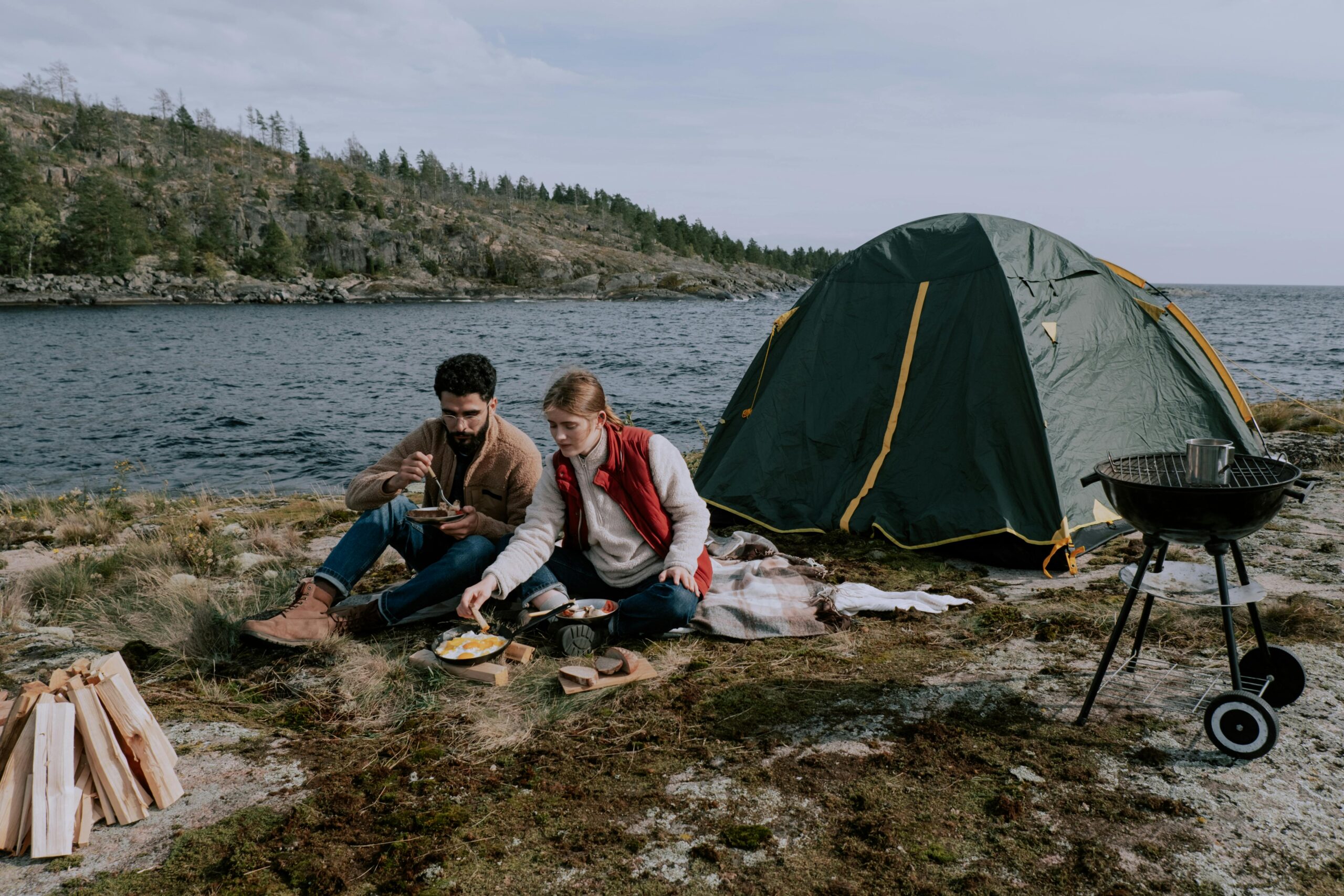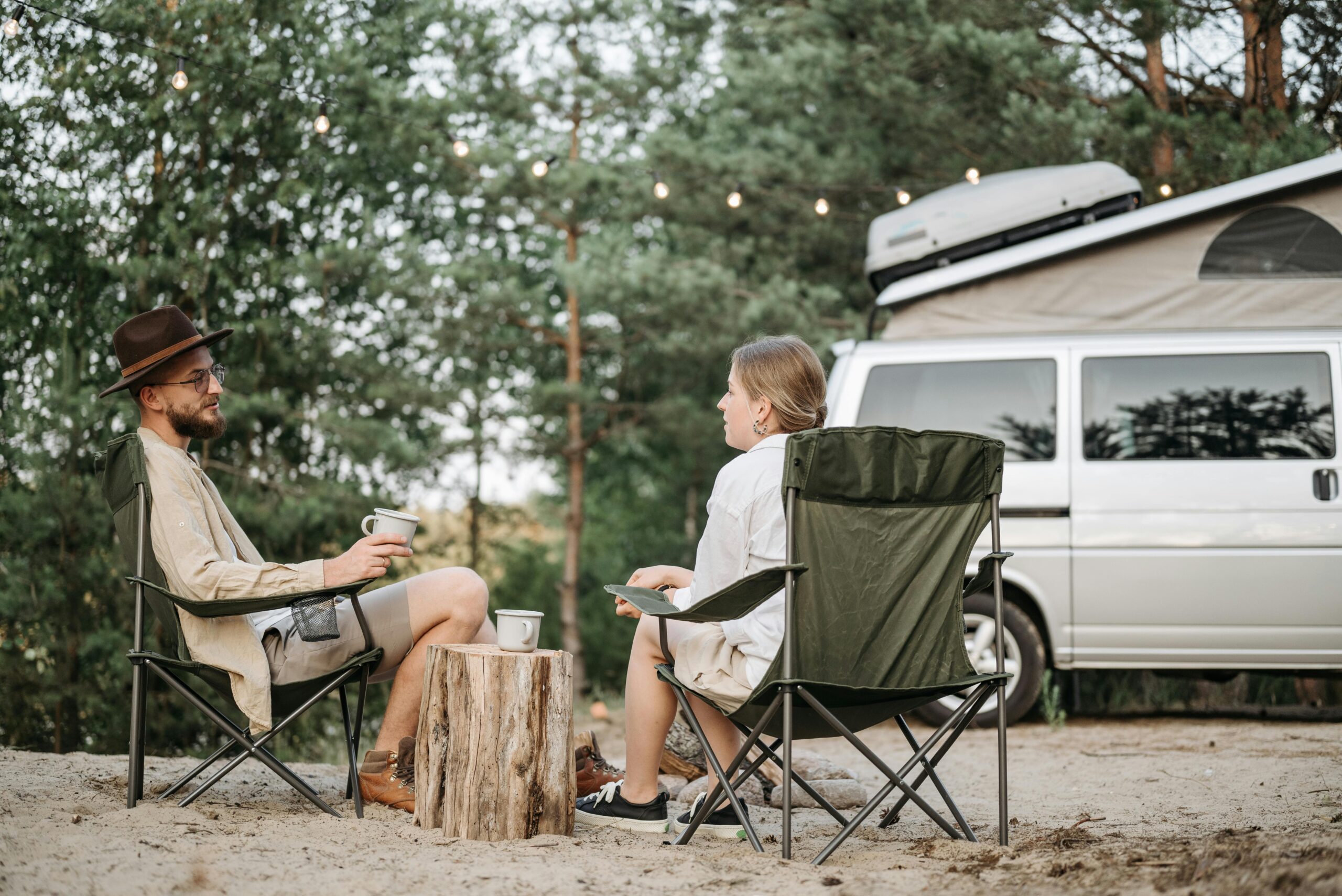12 Ways Couples Can Practice Better Communication While Traveling Together

Travel tests relationships. New places, long days, and logistical hiccups can bring out the best—or the worst. Strengthening how you talk, listen, and respond can turn challenges into bonding moments. Here’s how to improve your communication while exploring together.
1. Talk About Expectations Before You Go

Before you even pack, talk about the kind of trip you both want. Do you prefer a packed itinerary or slow days? Budget hotels or a splurge night? What does alone time look like when you’re always together? Getting aligned early prevents future conflict. A 10-minute conversation now can save you from days of mismatched plans. It’s not just about logistics—it’s about shared values while you’re out of your normal routine.
2. Use “I” Statements, Not Blame

Travel stress brings up old patterns fast. When something goes wrong—delayed flight, wrong turn—blame feels easy. Instead of “You never pay attention,” try “I feel stressed when I’m the only one checking directions.” This shift keeps the conversation open, not defensive. “I” statements show ownership of your emotions and invite support, instead of fueling frustration. It’s a small language change with big payoff.
3. Take Turns Navigating and Planning

One person shouldn’t carry the whole travel load. Whether it’s booking hotels or figuring out transit, share the tasks. Switch off navigating each day, or plan alternating meals. Not only does it ease the burden, it helps you both feel invested in the journey. It also keeps resentment in check, especially when plans hit a snag. Collaboration builds trust, and so does taking a turn getting a little lost.
4. Check In Emotionally Each Day

In between sightseeing and schedules, it’s easy to miss how your partner’s really feeling. A simple daily check-in—“What’s been the best part of today so far?”—can open up surprising conversations. You might learn about a worry, a moment of joy, or a travel preference you missed. It also reminds both of you to stay emotionally close, not just physically present. Five minutes of honest connection can rebalance the whole day.
5. Build in Recharge Time

Even the happiest couples need breathing room. Long travel days, sensory overload, and decision fatigue can leave you drained. Plan a quiet hour apart—reading at the hotel, a solo walk, or just silence. Alone time isn’t distance, it’s maintenance. When you come back together, you’re recharged and more available emotionally. It’s a gift to yourself and your partner—not a sign of disconnection, but care.
6. Don’t Let Small Frustrations Snowball

Little annoyances add up fast on the road: wrong trains, missed meals, someone hogging the window seat. Instead of bottling them up, talk about them briefly and kindly, then move on. Letting one rough moment ruin the day helps no one. Travel is imperfect, and how you recover matters more than what went wrong. Practice resetting as a couple—it’s a skill you’ll use long after the trip ends.
7. Agree on a Conflict Pause Rule

When emotions rise, logic usually leaves the room. Agree in advance: if a fight begins, either of you can call a time-out. Ten minutes of silence, walking, or breathing can cool down an argument before it goes too far. It’s not avoidance—it’s mutual respect. Revisit the topic when you’re calmer and clearer. Having this tool makes hard conversations less threatening and shows your commitment to handling tension with care.
8. Use Gentle Touches to Reconnect

Words sometimes fall short, especially when you’re tired or overwhelmed. That’s where touch helps. A squeeze of the hand, a shoulder brush, or leaning in during a shared sunset sends a quiet message: “I’m with you.” Non-verbal warmth soothes tension and builds security. These little gestures help break the ice during awkward moments, and they remind both of you that love isn’t always verbal—it’s felt.
9. Celebrate the Wins Together

Caught the right train? Found a perfect beach café? Say it out loud: “Nice work,” “That was fun,” “I’m glad we did this.” Celebrating little travel wins reinforces teamwork and joy. It’s easy to dwell on what went wrong—but noticing the good, especially when shared, keeps the mood light and positive. You’re not just getting through a trip—you’re building memories. Highlight them together while they’re fresh.
10. Clarify Directions Instead of Assuming

You might assume you both heard the same plan—but travel stress messes with memory. Before setting off, confirm: “So we’re meeting them at 6 near the fountain, right?” This simple clarification avoids confusion, frustration, and the dreaded “But I thought…” moment. It’s not micromanaging—it’s kindness. Being clear upfront prevents drama later, especially in busy or unfamiliar settings.
11. Practice Listening Fully—Not Just Waiting to Talk

It’s tempting to jump in when your partner vents—especially if you’re feeling defensive. But deep listening means pausing your own thoughts and giving them space to speak fully. Try reflecting back what they said before replying. “So you felt ignored when I rushed us through lunch?” This habit shows respect and care. Most of the time, people don’t need fixing—they just want to be heard.
12. End Each Day with a Thank You

No matter how your day went—smooth or messy—end it with a “thank you.” Maybe they carried your bag, or stayed patient during a delay. Maybe they just made you laugh. Gratitude at the end of a long day softens lingering stress and closes the loop with warmth. It tells your partner: “I see you. I appreciate this.” It also sets a peaceful tone for the next day’s adventure—together.